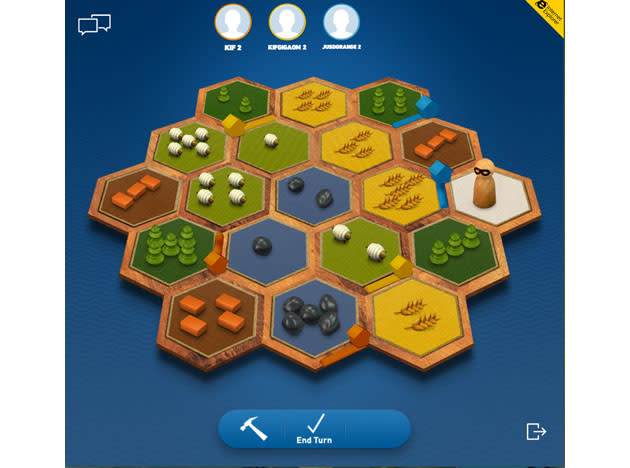

Each turn starts with a dice roll to generate resources. Let’s go back to Settlers of Catan for a moment. The issue is how players evaluate the impact of the dice rolls. This is more than a question of how large of an effect the dice rolls have. To put it even more clearly, in the first the randomness is the focus, while in the second the randomness keeps focus on the players’ decisions. In the first case, the roll just changes the state of the game, while in the second, dice are used to simulate a much more complex computation. But the dice rolls play two very different roles. In role playing games and war games, dice are frequently used to determine the success or failure of actions. In so many “classic” board games, players roll dice simply to figure out how far they can move. I”ll leave the examination of data storage for another post and focus, today on using dice for data generation.ĭice (and other random factors) often get criticized when they replace player choices. There are many sub-cases of use, but broadly, the uses of dice fall into one or both of the data storage and data generation categories. A rare third case is something like the game Blueprints, in which the dice are used as physical components for building, but that extends from their primary nature as a way to randomize the available resources. The second use is a random number generator. The first use is data storage, in place of memory, tokens, or pencil and paper. I look at games and see two main uses for dice in games. So I want to look at how dice are used in games, and what I can do differently.
#BALANCED CATAN BOARD GENERATOR HOW TO#
(In fact, the game I play with the most dice rolling is Settlers of Catan, which some consider to have way too much dice rolling.) Learning to enjoy games with more dice and figuring out how to incorporate them into my own game designs are real challenges for me. Of course, I’m also sitting here writing an entire article about dice rolling in games, so touché, kettle. My point is that most of the games I enjoy have limited dice rolling if any. They also carry a negative connotation established by pop-cultural stereotypes as belonging to the realm of only the most intense gaming nerds. I associate dice very closely with randomness, since there isn’t anything you can inherently do to control or gain more information about the result of a future roll. Let me start off by stating that I don’t like a lot of luck in games I play.


 0 kommentar(er)
0 kommentar(er)
